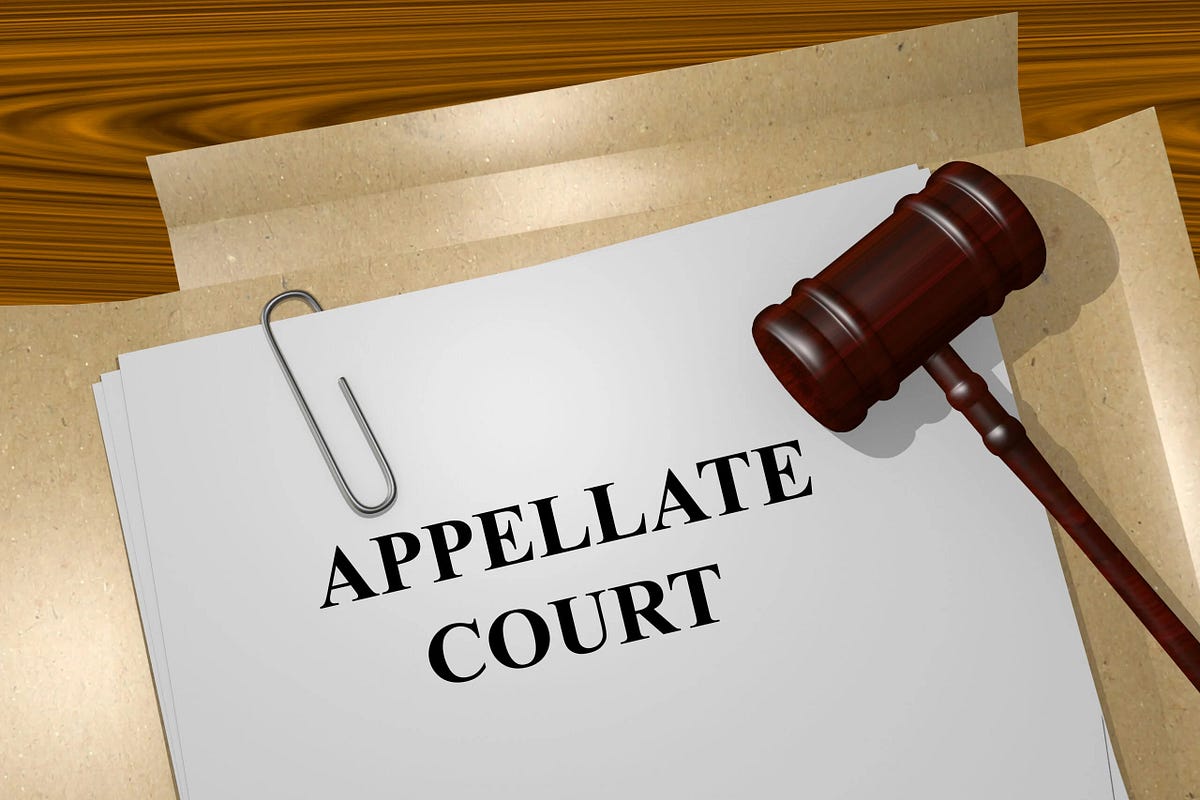An appellate court is a critical piece of the judicial system. It reviews the decisions of lower courts to ensure that the law was applied accurately. As in the trial courts, appellate courts don’t require new evidence. This is on the grounds that their essential role isn’t to reconsider facts yet to assess legal decisions.
Focus on Legal Issues
Appellate courts focus on whether the law was applied accurately in a trial. They inspect on the off chance that the trial court followed legal procedures and accurately deciphered the law. The best federal appeals attorneys comprehend that presenting new evidence would move the focus from legal examination to reality finding. This would subvert the appellate court’s motivation.
Record Review
At the point when a case is appealed, the appellate court reviews the trial record. This incorporates transcripts of declarations, evidence introduced, and the trial court’s decisions. The best lawyers close to me realize that this record is adequate for the appellate court to decide whether there were any legal errors. New evidence is pointless in light of the fact that the appeal depends on what occurred in the trial court.
Legal Precedent
Appellate courts depend vigorously on legal precedent. They take a gander at past decisions to direct their decisions. The introduction of new evidence would confuse this process. Best appeals attorneys are gifted in introducing arguments in view of existing records and precedents. They don’t depend on new evidence to put forth their defense.
Efficiency in the Legal System
Permitting new evidence in appellate courts would make the legal process more complex and tedious. It would require extra hearings and conceivably new trials. The best lawyers near me comprehend that the efficiency of the legal system relies upon clear roles for each court. Appellate courts are intended to smooth out legal reviews, not to re-dispute cases.
Certainty of Judgments
The legal system esteems the certainty of judgments. On the off chance that new evidence were permitted in appellate courts, it would subvert the conclusiveness of trial court decisions. This could prompt vast appeals and vulnerability in the legal process. The best appeals attorneys work inside the current system to accomplish justice without dragging out litigation superfluously.
Expertise in Legal Argumentation
Appellate attorneys are experts in legal argumentation. They focus on recognizing legal errors and making influential arguments in light of the trial record. The introduction of new evidence is outside their essential range of abilities. The best lawyers close to me are capable at exploring the complexities of the law, not re-examining facts.
Upholding Judicial Integrity
The integrity of the judicial system relies upon each court playing out its assigned role. Trial courts handle reality finding and evidence show. Appellate courts review legal understandings and ensure fairness in the use of the law. The appeals attorneys grasp the significance of this division of work. They regard the limits of appellate review.
Appeals and Error Amendment
Appeals act as a component for correcting errors. However, these errors are connected with the use of the law, not the facts of the case. The best lawyers close to me realize that the appellate court’s role is to ensure that the law was applied fairly and accurately, in light of the laid out record. New evidence isn’t required for this reason.
Role of the Best Appeals Attorneys
The best appeals attorneys succeed in distinguishing errors in the trial process. They investigate the trial record to find examples where the law was twisted or procedures were not observed accurately. They utilize their insight and experience to introduce these issues successfully to the appellate court. Presenting new evidence would divert from this focused and concentrated task.
Conclusion: The Right Representation
In conclusion, appellate courts don’t require new evidence on the grounds that their essential function is to review legal decisions, not reevaluate facts. This reasonable differentiation ensures the efficiency, integrity, and conclusiveness of the judicial process.
For those looking for the best representation in appeals, crucial to find attorneys comprehend and regard these standards. The best appeals attorneys, for example, those at Brownstone Appeal Lawyers, are proficient at exploring the complexities of appellate law. They give expert guidance and advocacy, ensuring that the legal process fills in as planned.
While looking for the best lawyers close to me, it is essential to pick the people who represent considerable authority in appellate work and can capably deal with the subtleties of the legal system.






